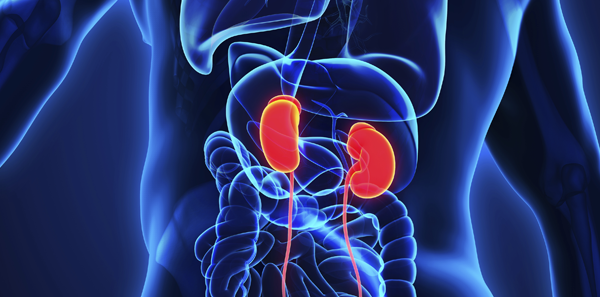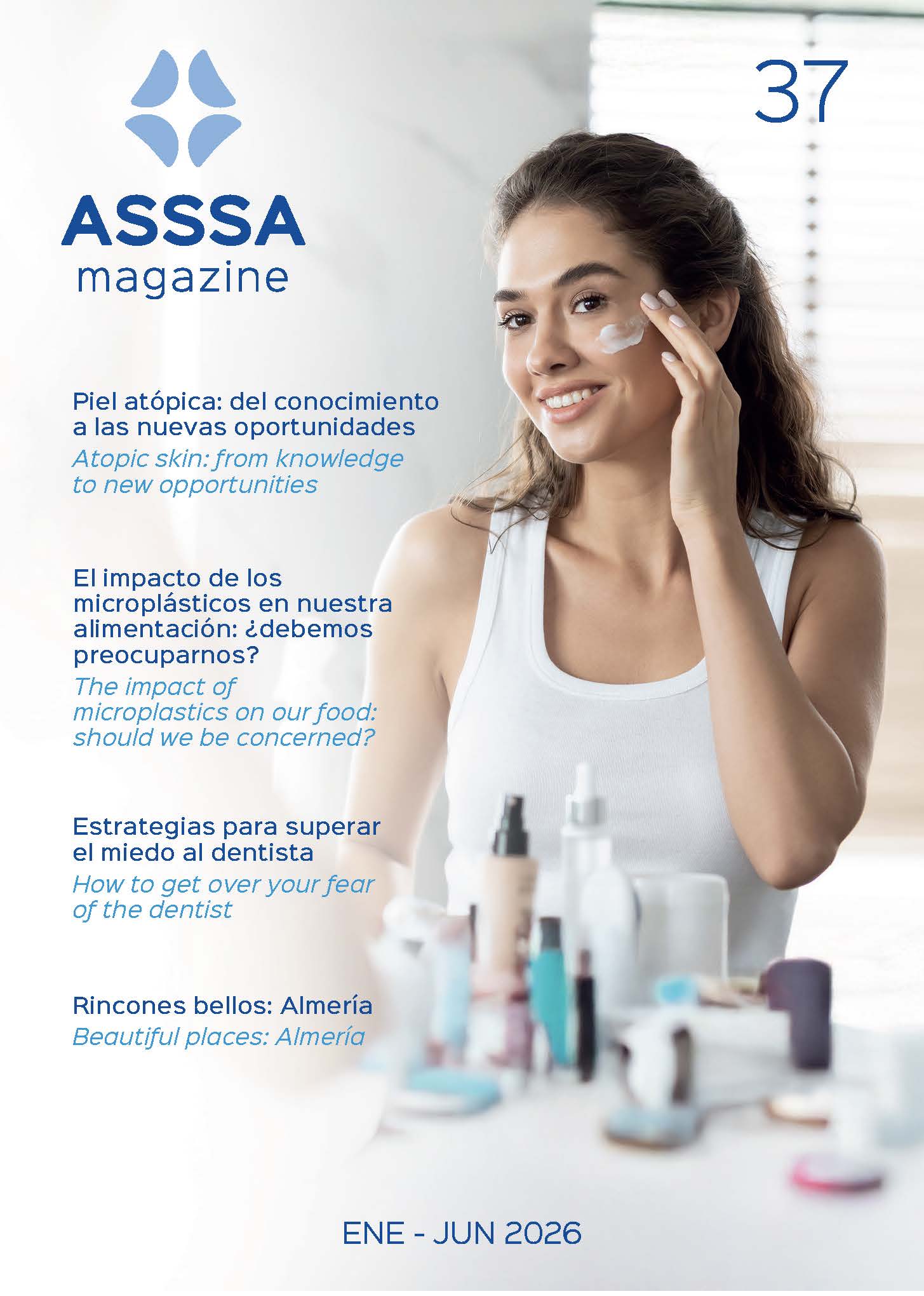
Life expectancy worldwide is increasing. In Spain, in the last 20 years alone, the number of people over 65 has increased by 40% according to the National Institute of Statistics (INE).
Healthy ageing is key and is influenced by the physical, social, socio-economic and personal environment. These factors directly affect people’s health, impacting the opportunity to follow good lifestyle habits.
So, in the medical field of geriatrics, a complete and interdisciplinary assessment of the person is carried out, the comprehensive geriatric assessment. This allows an overall view and analyses a range of different aspects:
- Medical
A check-up is performed for chronic diseases, heart failure, respiratory diseases, cerebral vascular accidents, diabetes, rheumatism, renal failure, dementias and comorbidities (the coincidence of several of them). Likewise, acute diseases and the progression or worsening of chronic diseases are analysed.
To do this, diagnostic tests, such as analytical tests and imaging tests are performed. Any prescribed medication is also looked at to optimise treatment, eliminating the superfluous and adding what may be necessary. Sensory, auditory and visual deficits are also assessed.
- Functional
This is base on the patient’s ability to perform daily activities such as bowel movements, hygiene and the ability to dress, eat, move around, etc. To do this, a questionnaire called the Barthel Scale is used to rank the person’s degree of independence, in addition to the Lawton Scale, which assesses the ability to perform instrumental activities: reading, handling money, cooking, etc.
- Cognitive
A neuropsychological assessment is performed to diagnose whether or not there is cognitive impairment or dementia. Language, memory and problem-solving skills are explored using memory tests, such as the Lobo MiniMental Test, the most basic and often used test in Spain.
- Nutritional
Possible malnutrition or risk of malnutrition is observed and diet is optimised to the person’s needs taking into account aspects such as difficulty chewing or problems with swallowing that can lead to choking; in these cases, crushed foods and liquids with thickener must be given.
- Emotional
The ability to be happy, illusion, anxiety and depression are assessed with the Yesavage Depression scale, as well as the tendency towards both physical and verbal agitation or aggression. Guidelines for action at the end of life are put in place and, if mentally competent, the Living Will or Advance Directive documents are drawn up.
- Social and environmental
This part of the assessment analyses who the person lives with, the resources and help they have, whether the home is adequate for their needs, family and support provided and their social network of friends.
This enables major geriatric syndromes to be diagnosed: risk of falls, immobility, incontinence, cognitive impairment, delirium, malnutrition and polypharmacy (simultaneous use of different medications).
Using this information, an individualised care plan is prepared to promote independence and improve quality of life for older people, a heterogeneous and complex population group that must be taken into account.
Dr. Jordi Amat Olba
Medical Director ASSSA Barcelona












